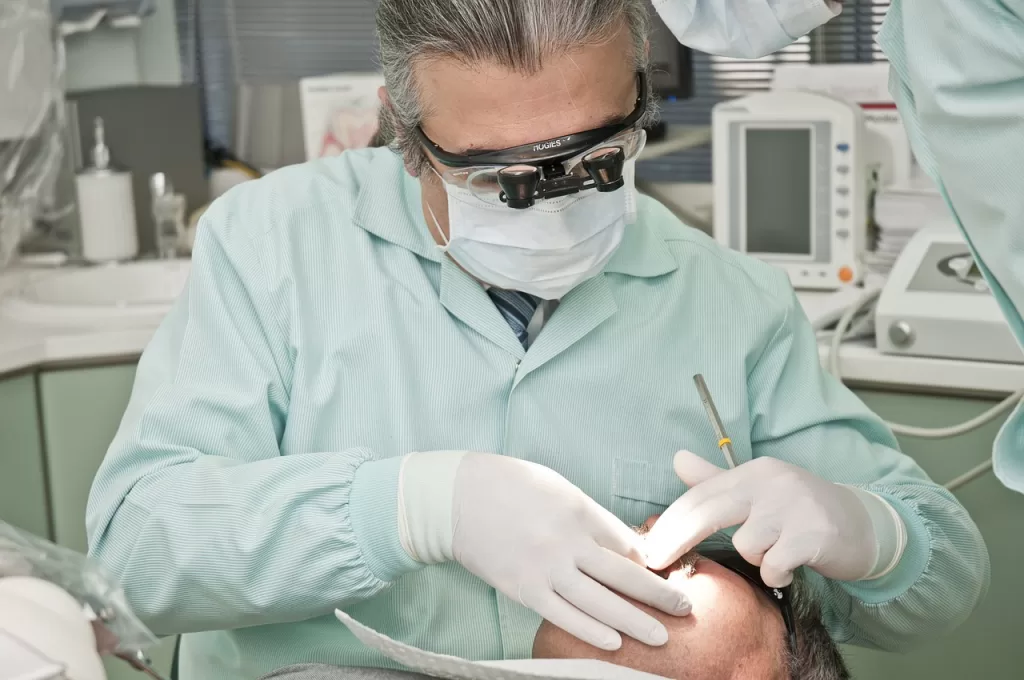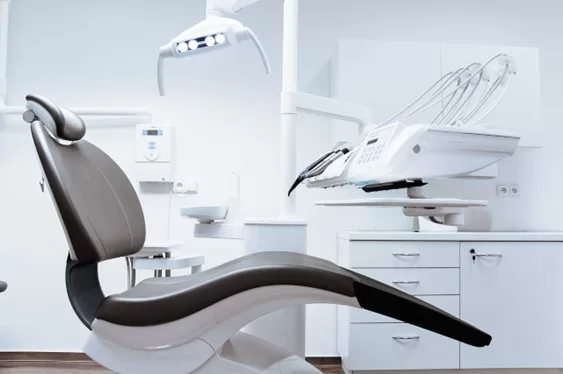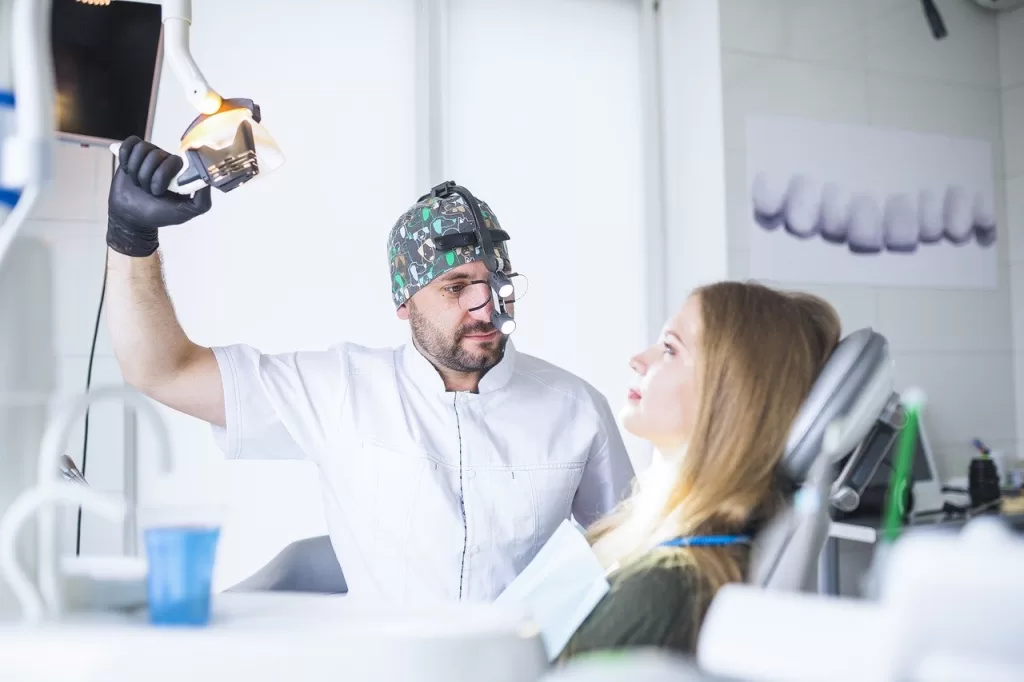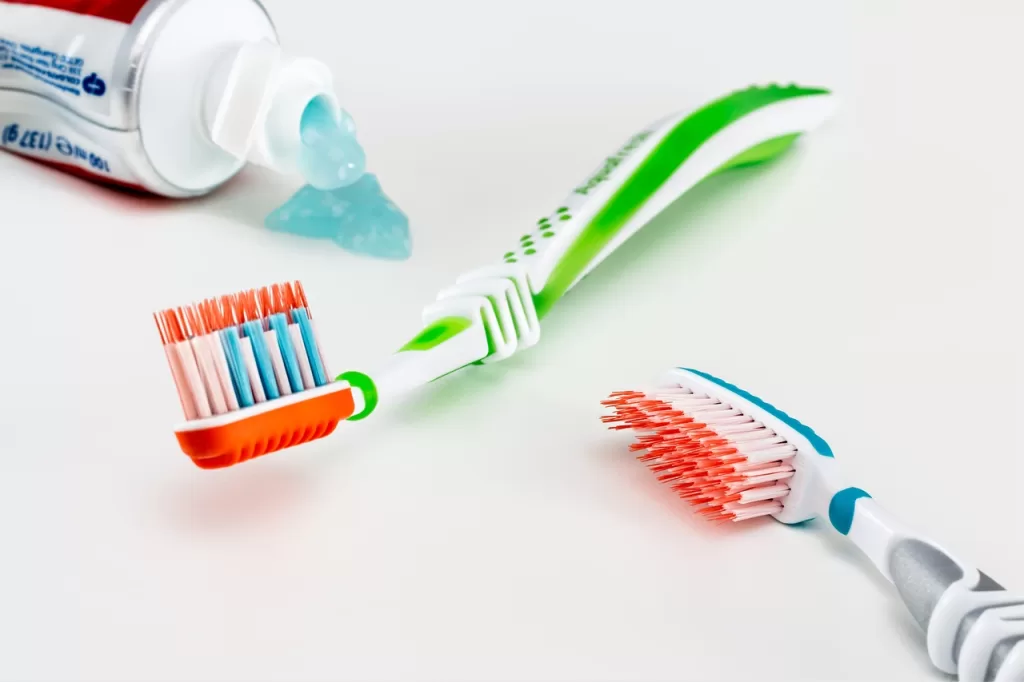Maintaining a healthy jawbone is crucial, yet it’s often overlooked. The jawbone plays a vital role in keeping your teeth in place, supporting facial structure, and safeguarding overall oral health. Deterioration can lead to complications, impacting chewing, speaking, and even facial appearance.
What Does It Mean to Lose Bone in Your Jaw?

Bone deterioration in your jaw is when the bone tissue, which supports your teeth, gradually breaks down. Unlike other types of bone loss, deterioration in the jaw has an immediate effect on your oral health and poses a threat to the stability of your teeth, the shape of your face, and ultimately, your overall ability to chew and speak. If left untreated, it can lead to severe complications.
Where Does Bone Loss Most Commonly Happen?
Jawbone loss is often seen in regions where teeth have been missing for a prolonged period or in those regions that have experienced something like periodontal disease. Without stimulation from daily activities like chewing, the surrounding bone slowly deteriorates.
Bone loss can also spread around infected or traumatized teeth. The back of the mouth is especially vulnerable since untreated tooth loss often goes unnoticed. Additionally, individuals with osteoporosis may experience broader bone loss, including in the jaw
What Causes Bone Loss in the Jaw?

To understand and prevent jawbone loss it is crucial to understand what causes it first:
- Periodontal Disease: Periodontal disease affects millions of people worldwide, causing gums to recede. If not treated early it can quickly progress, resulting in bone deterioration, according to Mayo Clinic.
- Losing a Tooth: When you lose a tooth, the bone that once supported it no longer gets the pressure and stimulation from chewing. This lack of stimulation signals to your body that the bone in that area is no longer needed, so your body begins to reabsorb the bone tissue. This makes the area weak.
- Osteoporosis: According to the NIH there is an established connection between osteoporosis and jawbone loss. The process of bone thinning that affects your spine or hips can also affect your jaw.
- Trauma or Injury: Sports accidents or falls can impair the jaw and gradually weaken it.
- Medical Conditions: Medical conditions like diabetes may cause bone loss because of the body’s decreased ability to heal and fight infections.
- Poor Dental Hygiene: Inadequate oral care allows plaque and bacteria to build up along the gum line, leading to inflammation and infection. This can cause the gums to recede and weaken the supporting bone structure, resulting in rapid bone deterioration if not treated promptly.
How Do You Know You Are Experiencing Bone Loss?
Jawbone loss is a sneaky condition because it doesn’t always exhibit signs right away. However, there are some symptoms to look out for in yourself or a loved one:
- Loose teeth
- Recession of the gums
- Difficulty with chewing or speaking
- Lose or unstable dentures
- Drooping or thinning of the lower jawline
Early diagnosis is very important, and your dentist or oral surgeon will use diagnostic tools like X-rays, CT scans, and bone density tests to determine the amount of bone loss. In case you’re experiencing any of these symptoms, contact us at Ridge Oral for a consultation right away.
What are the Available Treatments for Jawbone Loss?

Fortunately, there are several effective treatments for jawbone loss depending upon the extent and cause of jawbone loss:
- Bone Grafting: In dental procedures, bone grafting is a technique used to add or replace bone in the jaw to support dental implants or restore bone loss.
The different types include:
- Autograft: Bone harvested from your own body, often from the hip or another suitable area.
- Allograft: Bone obtained from a human donor, carefully processed for safe use.
- Synthetic: Laboratory-made materials engineered to replicate the structure and function of natural bone.
- Guided Tissue Regeneration: It is a dental procedure that encourages the growth of new bone and tissue in areas affected by bone loss, often due to periodontal disease. It is frequently performed alongside a bone graft to optimize bone and tissue regeneration by using a barrier membrane that prevents unwanted soft tissue from growing into the bone graft area, allowing the bone to heal properly.
- Dental Implants: These replace missing teeth while preventing further bone deterioration by stimulating the jawbone, and maintaining its strength and density through natural pressure.
- Medications and Supplements: Patients are usually given prescriptions for medicines available for osteoporosis but are also advised to take calcium and vitamin D supplements to decrease the speed of bone loss.
- Lifestyle Changes: Improvement in your diet, incorporating some resistance training exercises, and practicing good dental hygiene make a difference in keeping your jawbone healthy.
- Alternative Treatment: There are new emerging treatments that will stimulate bone growth naturally, and one of those uses stem cells or advanced biologics, though these are still in the research stage.
How Do You Prevent Destructive Loss of Bone in Your Jaw?

Prevention is always better than cure, and when it comes to your jawbone health, there are several steps you can take:
- Practice Good Oral Hygiene: Regular brushing and flossing guarantees healthy gum tissue which means a healthy jawbone.
- Dental Checkup: Visit your dentist regularly so that gum problems can be detected early on before they lead to bone loss.
- Eat a Bone-Healthy Diet: Foods for bone nutrition include dairy products, leafy greens, and other sources of calcium and vitamin D. Supplements may also be useful.
- Quit Smoking: Smoking has a well-documented negative effect on bone density and oral health in general.
- Manage Your Medical Conditions: If you have diabetes or another health condition that puts you at risk for bone loss, it’s important to keep it under control.
How Can We Help You?
Ridge Oral Surgery provides state-of-the-art techniques that can be applied to prevent and treat bone loss in your jaw. With an advanced, caring team of board-certified oral surgeons, you’ll be in good hands. We offer specialized services that help to maintain and restore jawbone health.
Bone loss in the jaw can progress rapidly if untreated, but timely intervention can preserve a healthy jaw. Don’t wait—take action now to prevent further bone deterioration. Schedule an appointment with Ridge Oral Surgery, where advanced technology and expert care ensure the best outcomes for your oral health.
Visit our website for more information
